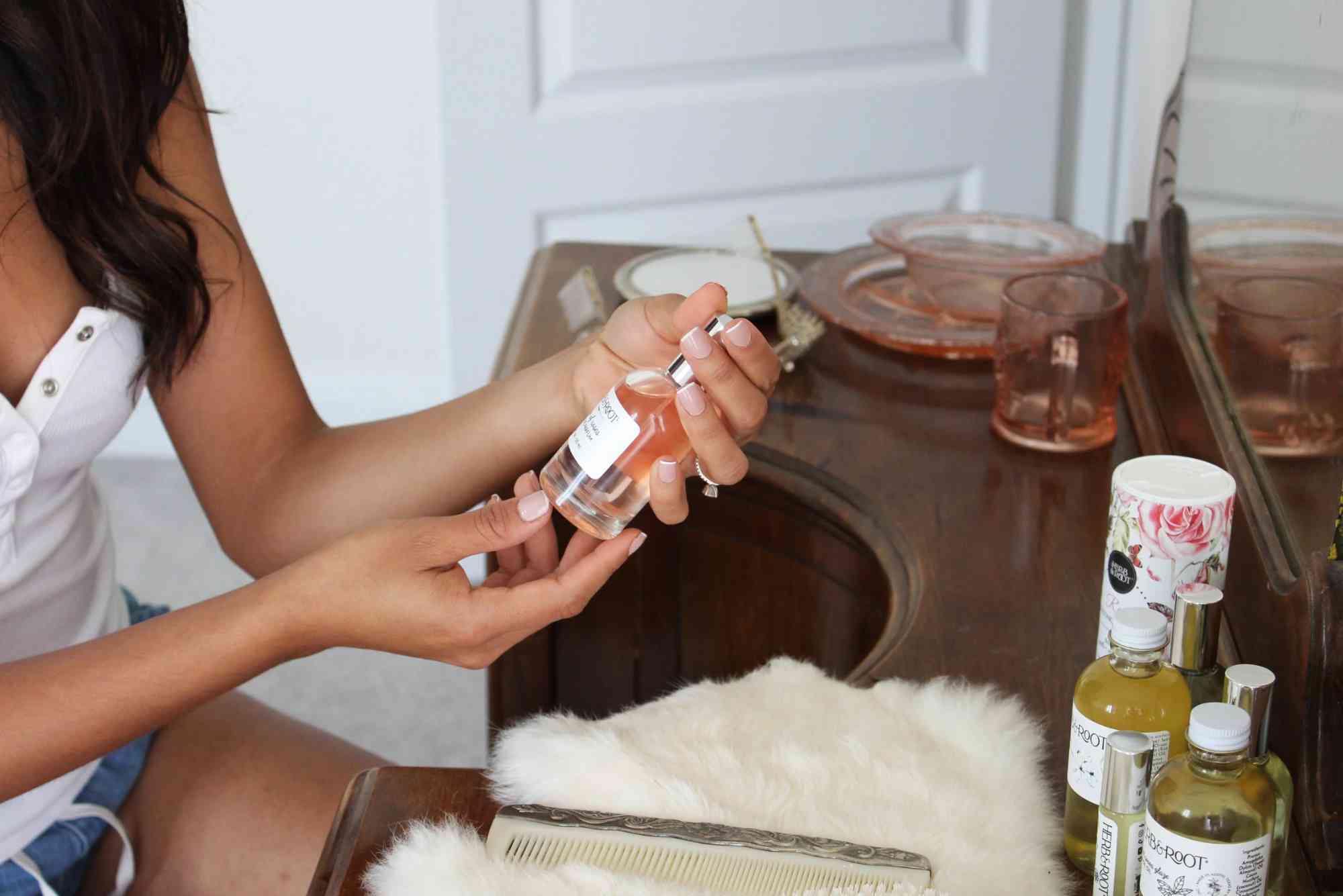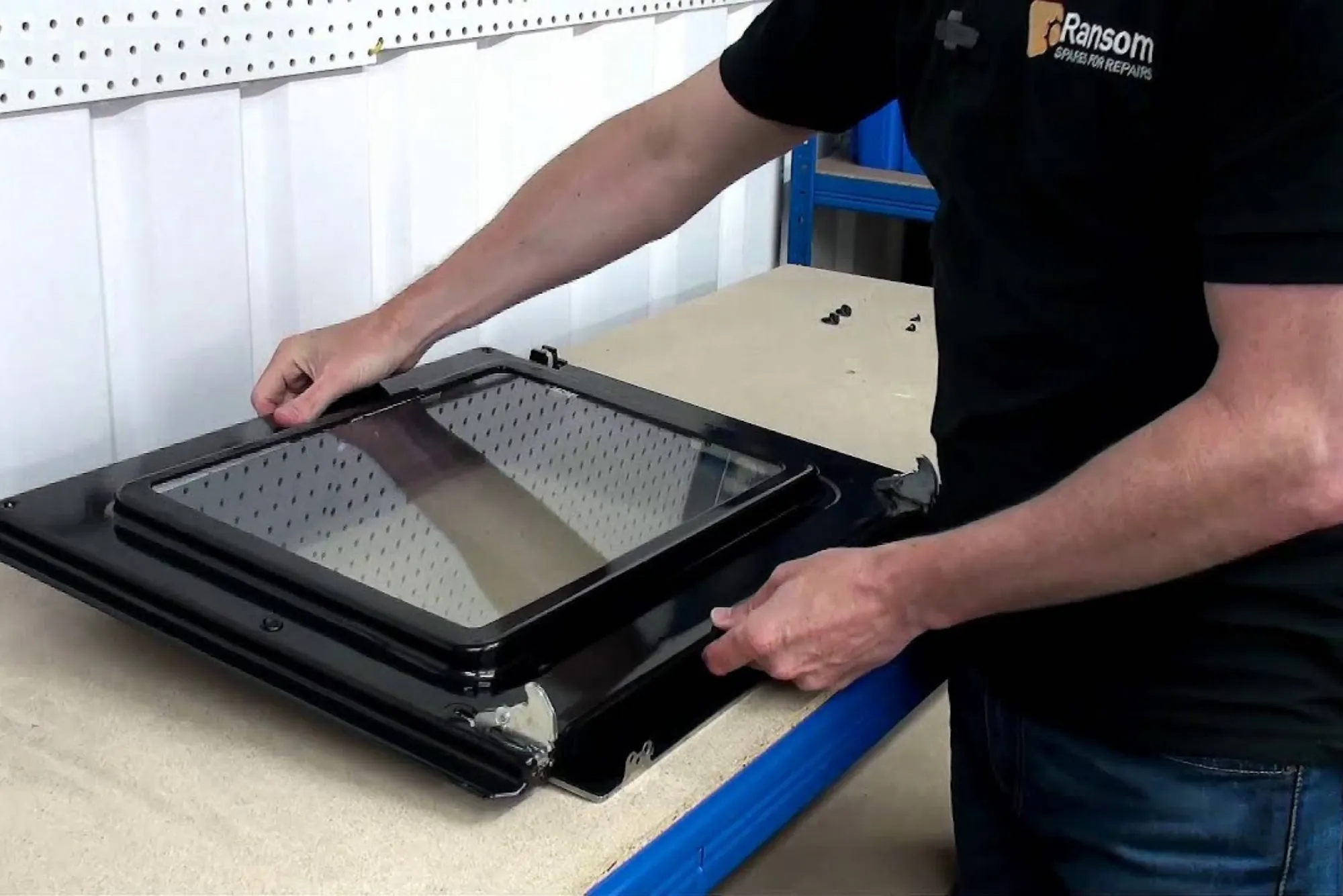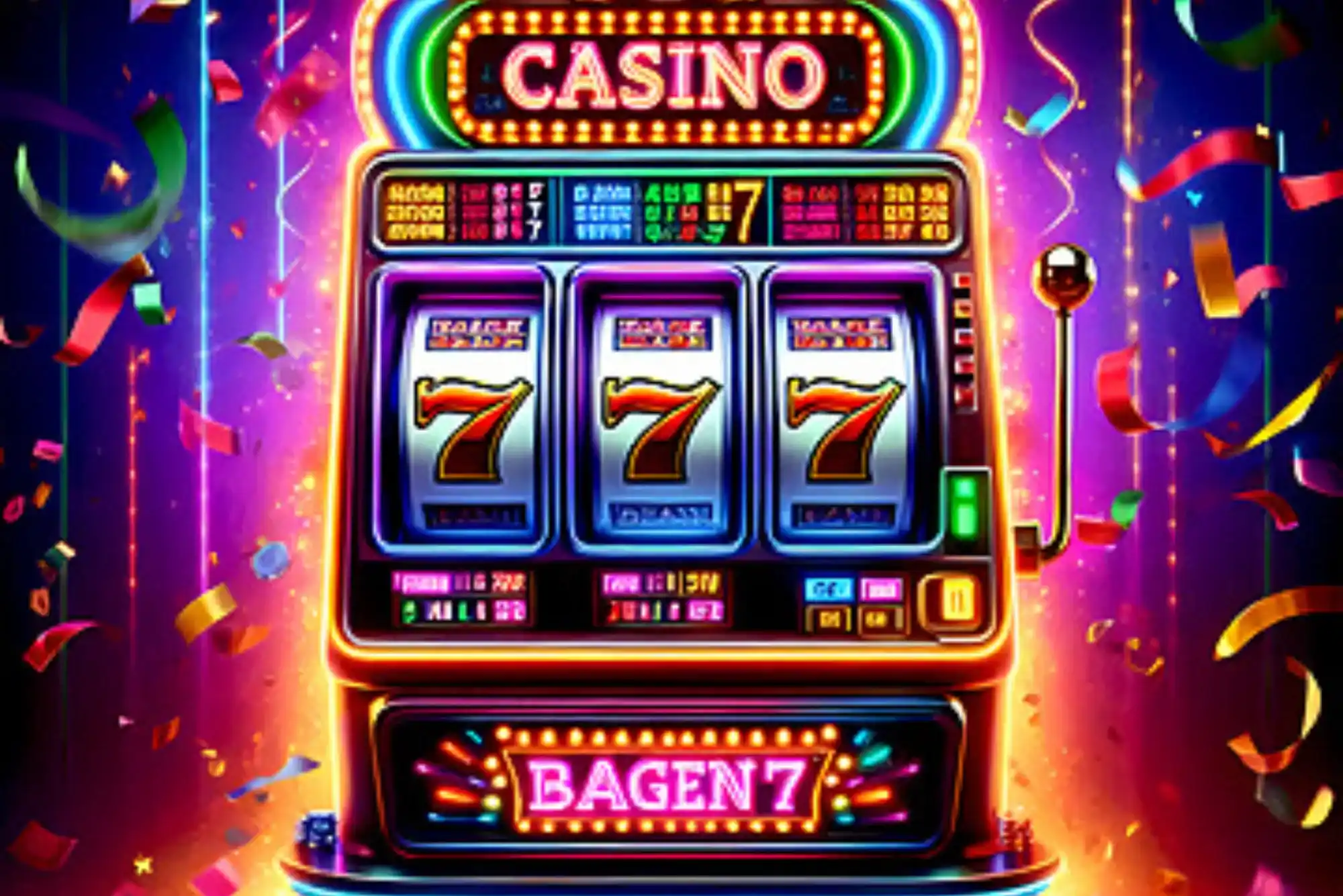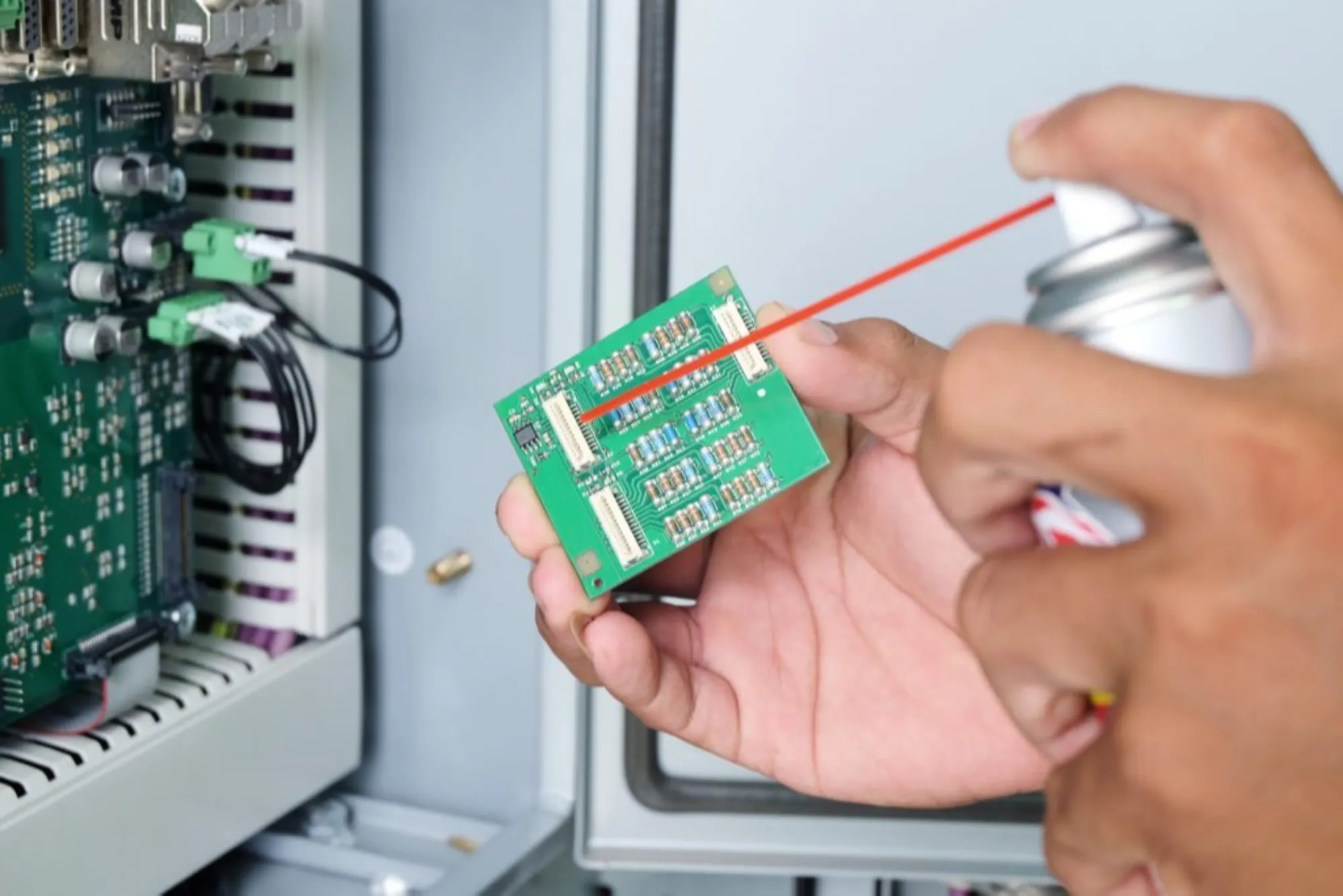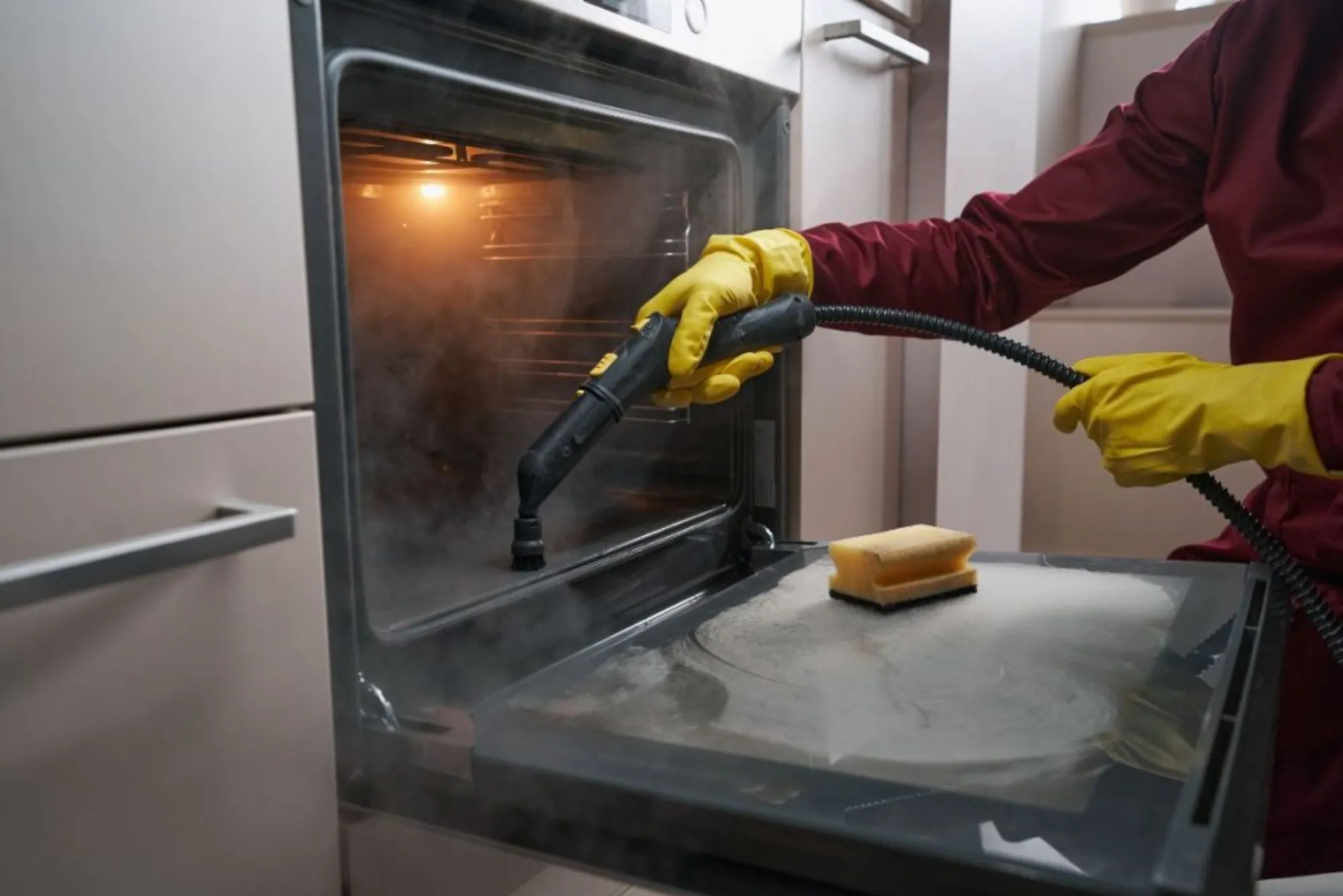Introduction
France has long been the world’s epicenter for fragrance artistry. From Parisian boutiques to niche perfumeries in Grasse, every corner of the country offers a unique olfactory experience. For fragrance lovers, a shopping trip to France is more than a shopping spree—it’s a journey into the heart of scent creation. This guide will walk you through the best practices for shopping for perfumes in France, how to sample effectively, and how to make the most of your aromatic adventure.
Understanding French Perfume Culture
The Heritage of French Perfumes
France is synonymous with perfume. Cities like Grasse have cultivated fragrance expertise for centuries, producing raw materials such as jasmine, rose, and lavender. French perfumers often emphasize quality, tradition, and storytelling. Buying a perfume in France is not just about purchasing a scent; it’s about connecting with a centuries-old craft. Knowing the heritage behind fragrances helps you appreciate their value and authenticity.
Perfume as an Art Form
French fragrances are meticulously crafted, combining rare ingredients with expert blending. Each perfume tells a story, from top notes that provide the first impression to base notes that linger long after application. Understanding this layered structure allows you to shop more intelligently, identifying scents that resonate with your personality.
Planning Your Perfume Shopping Trip
Choosing the Right Cities
Paris, Nice, Lyon, and Grasse are essential stops for fragrance enthusiasts. Paris offers flagship stores from luxury brands like Chanel, Dior, and Guerlain. Grasse, often called the perfume capital of the world, is ideal for visiting artisan perfumeries. Smaller towns may surprise you with boutique stores that create exclusive, limited-edition scents. Planning your itinerary ensures you hit both famous and hidden gems.
Timing Matters
Perfume shopping in France can be more enjoyable when timed correctly. Visit stores in the morning or early afternoon when staff are attentive and less rushed. Seasonal considerations also matter; spring and summer releases might showcase fresh florals, while autumn and winter collections focus on warm, spicy notes. Knowing when to shop helps you experience perfumes in the best conditions.
Mastering Fragrance Sampling
How to Sample Effectively
Sampling is a key part of perfume shopping in France. Start by spraying the fragrance on a testing strip rather than directly on your skin. Smell the dry-down after a few minutes to understand how the perfume evolves. Limit testing to three to five scents per visit to avoid olfactory fatigue. Taking notes or using your phone to record impressions can prevent confusion later.
Ask for Guidance
French sales assistants, often called “conseillers en parfumerie,” are knowledgeable about fragrance families, notes, and pairings. Don’t hesitate to ask for advice on how a perfume might suit your body chemistry or lifestyle. A short consultation can save you from buying a scent that doesn’t match your preferences.
Layering and Longevity Tips
French perfumeries often allow testing combinations or exploring layered scents. Understanding how a fragrance interacts with your natural skin oils can impact longevity and projection. Lightly dab perfumes instead of over-spraying to judge how the scent develops throughout the day. This careful approach ensures that the perfume you purchase suits you perfectly.
Choosing the Right Perfume
Understanding Fragrance Families
Perfumes are classified into categories like floral, oriental, woody, and fresh. Each family conveys different moods and occasions. For example, floral fragrances are often romantic, while woody scents can feel grounding and sophisticated. Knowing your preferred family helps narrow options and avoids overwhelm.
Consider Concentration Levels
Perfume concentration affects strength and longevity. Eau de parfum (EDP) offers a longer-lasting scent than eau de toilette (EDT). Niche perfumeries may offer parfum extracts with higher concentrations, perfect for collectors or those seeking a signature scent. Understanding concentrations ensures you pick a perfume that meets your daily needs.
Personal Preference vs. Popularity
While bestsellers may seem tempting, choosing a fragrance that resonates with you is crucial. Sampling is the best way to determine if a perfume complements your personality and style. French perfumeries often carry exclusive lines, giving you the opportunity to discover scents unavailable elsewhere.
Navigating French Perfumeries
Luxury Boutiques
Flagship stores of brands like Chanel, Dior, and Hermès offer a luxurious experience with knowledgeable staff and beautifully curated displays. These boutiques often provide personalized consultations and elegant gift packaging. Exploring these stores allows you to see the artistry behind high-end fragrances.
Niche and Artisan Stores
Beyond the mainstream, France hosts niche perfumeries specializing in small-batch or bespoke fragrances. These stores are often hidden in charming streets and provide intimate sampling experiences. Engaging with the perfumer directly can offer insight into the creative process and ingredient sourcing.
Department Stores
Stores like Galeries Lafayette and Printemps combine convenience with variety. Here, you can test multiple brands in one location. The advantage is access to seasonal promotions and exclusive releases. However, take your time to avoid being rushed by crowds.
Shopping Tips for International Travelers
Duty-Free and Tax Refunds
Travelers can benefit from duty-free shopping at airports and claim VAT refunds in France. Familiarize yourself with the paperwork required for places refunds to maximize savings. Buying perfumes in France often results in cost benefits compared to other countries.
Authenticity Checks
Be cautious of knockoffs, especially in tourist-heavy areas. Purchasing from official boutiques, reputable department stores, or authorized retailers ensures authenticity. French perfumeries take pride in genuine craftsmanship, and buying from trusted sources guarantees quality.
Packaging and Gifting Considerations
French perfumes often come in beautifully designed bottles and packaging. Consider how the packaging will survive transport, especially if flying. Many stores offer travel-friendly miniatures, which are ideal for sampling before committing to full-size bottles.
Making the Most of Your Fragrance Experience
Keep a Fragrance Journal
Recording impressions, favorite notes, and reactions can help in making a final decision. Include details such as scent evolution over time and how it interacts with your skin. This practice is particularly useful when shopping across multiple cities or visiting several perfumeries.
Engage Your Senses
Perfume shopping is sensory. Observe how different fragrances affect your mood or evoke memories. Let your intuition guide you alongside expert advice. The goal is not just to buy a perfume but to discover scents that enhance your daily life.
Respect the Sampling Etiquette
When sampling, avoid over-spraying in crowded stores. Use provided strips and follow staff guidance. Being courteous ensures a pleasant experience for you and other shoppers. French perfumeries value respectful engagement, enhancing the overall shopping journey.
France offers a unique and immersive France Fragrance Shopping experience, blending heritage, artistry, and personal discovery. By planning your trip, sampling carefully, and engaging with both luxury and niche perfumeries, you can uncover scents that resonate deeply. Remember, perfume shopping is an exploration of identity and taste, not just a purchase. Begin your aromatic journey today, embrace the sensory adventure, and let France guide you to your signature scent.
FAQs
What is the best city in France for perfume shopping?
Paris and Grasse are top destinations. Paris hosts flagship stores, while Grasse offers artisan perfumeries.
How should I sample perfumes in France?
Use testing strips first, limit to 3–5 scents per visit, and observe dry-downs on your skin.
Are French perfumes cheaper than in other countries?
Often, yes. Duty-free shopping and VAT refunds can lower costs, especially for luxury brands.
What is the difference between EDP and EDT?
Eau de parfum (EDP) has a higher concentration and lasts longer than eau de toilette (EDT).
Can I buy exclusive perfumes in France?
Yes, niche perfumeries and boutiques often carry exclusive or limited-edition fragrances not available elsewhere.
How do I avoid fake perfumes in France?
Purchase from official boutiques, reputable department stores, or authorized retailers to ensure authenticity.
Can I bring French perfumes home internationally?
Yes, but follow airline regulations and consider VAT refund processes for cost savings.

